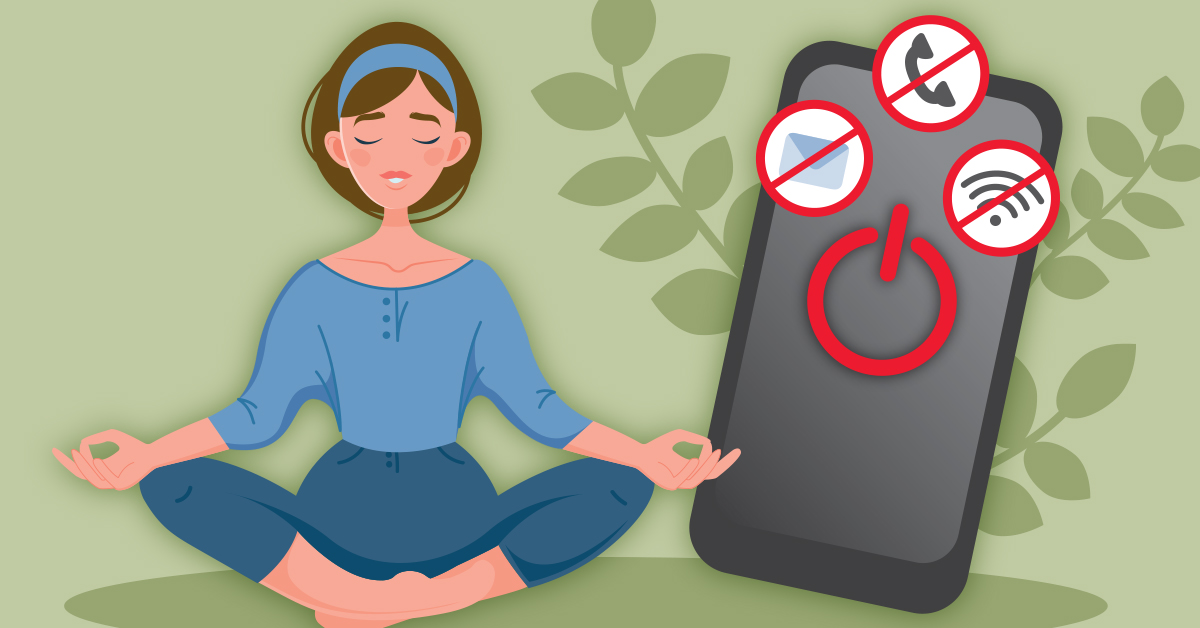In a fast-paced, urbanized world, nature therapy—also known as ecotherapy—is gaining recognition as a powerful tool for mental well-being. This practice involves spending intentional time in natural environments to reduce stress, anxiety, and symptoms of depression. Research in psychology and neuroscience shows that even short periods in green spaces can lower cortisol levels and improve mood regulation. Mental health professionals are increasingly incorporating nature exposure into treatment plans, especially for patients recovering from burnout or trauma.
The benefits of nature therapy stem from its ability to reconnect individuals with their environment, fostering mindfulness and presence. Activities can range from simple walks in the park to structured wilderness therapy programs. These experiences often lead to enhanced emotional resilience, better sleep, and a renewed sense of purpose. For those who struggle with conventional clinical settings, nature offers a less intimidating, holistic alternative that taps into the innate human affinity for the outdoors—what scientists refer to as “biophilia.”
Implementing nature therapy doesn’t require remote mountains or forests. Urban gardens, beaches, and even balcony plants can offer therapeutic effects. As part of a comprehensive mental health routine, nature therapy promotes self-awareness, stress relief, and emotional balance. In an age of screens and overstimulation, returning to nature may be one of the simplest yet most effective remedies for the modern mind.





